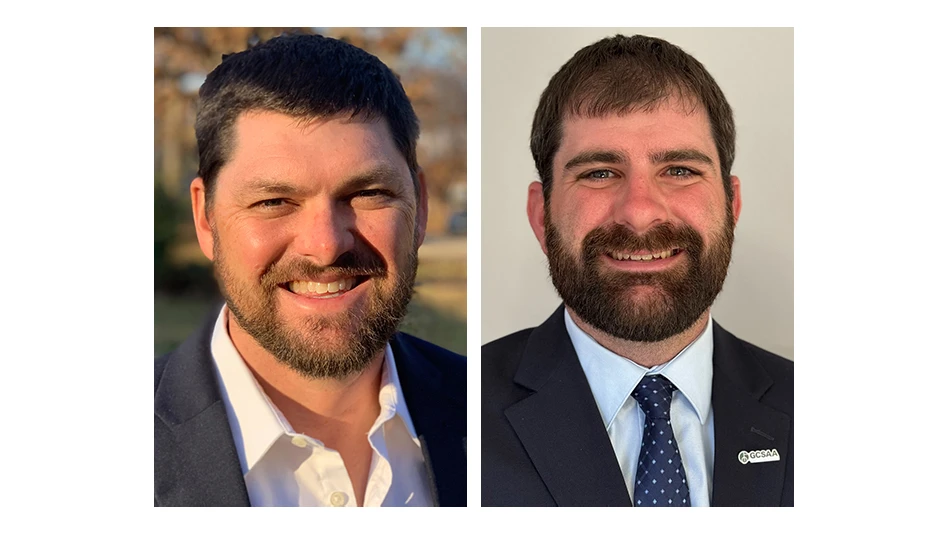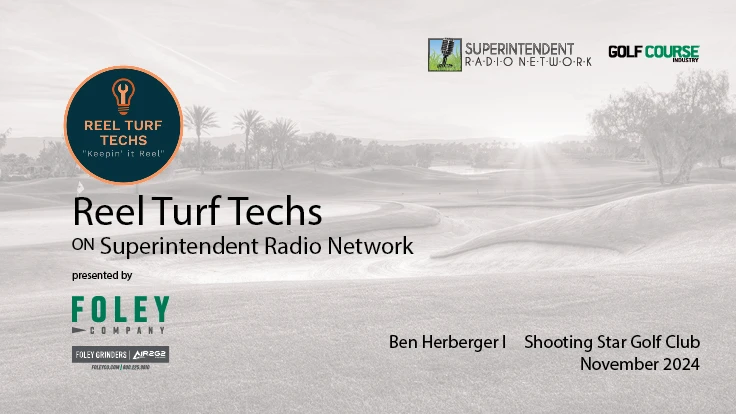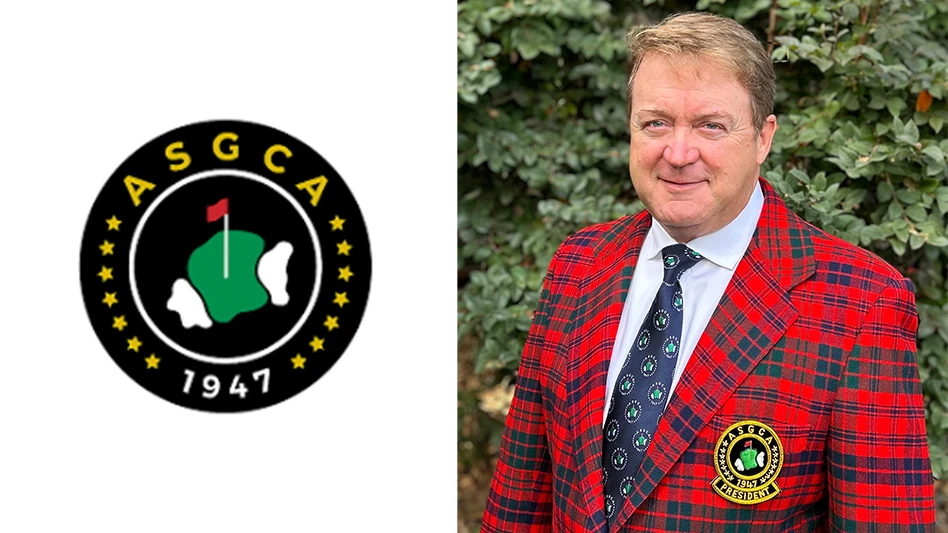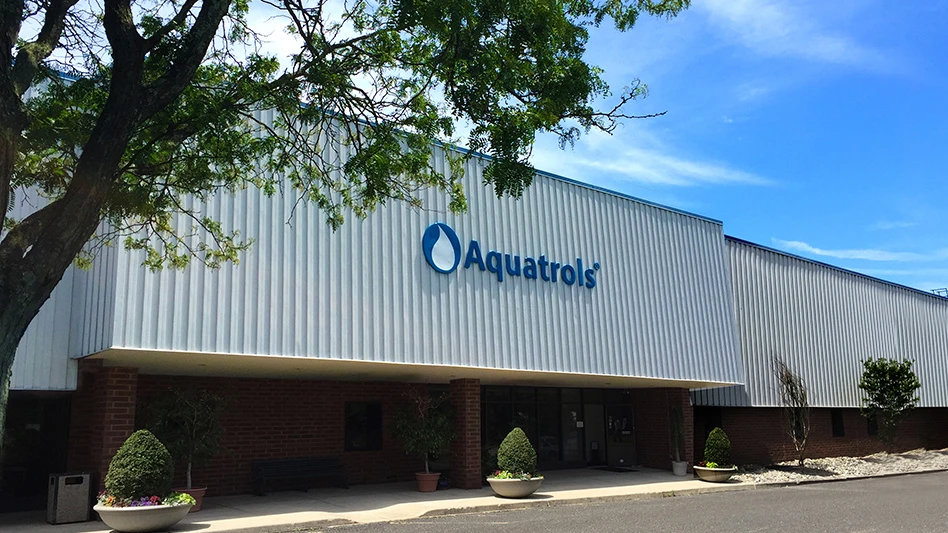It’s an image burned into my memory – trying to help my father fix an Oliver tractor so we could bale hay. The hay was dry and needed baling before it was too dry and too many leaves would fall off, diminishing its feed value. It didn’t help that it was 90 degrees out and we had a lot of hay to make.
We were having trouble – it was a timing problem and we had no diagnostic equipment (this was in the 1950s). Finally, I said, “Why don’t we just call Chet Graham – the Oliver dealer in our hometown – and have him send someone out to fix it?”
Dad took a drag on his Camel and said, “Because we cannot afford a service call. I have to fix this myself.”
It scared me a little, and the incident brought into focus the importance of self-sufficiency. After all, everything that needed to be done on our farm – from equipment repairs to birthing livestock to land preparation – we did. Many times in my long career as a golf course superintendent I have thought about how important it is to deal with the things that go wrong in the golf course operation. After all, in many ways a course is somewhat like a farm.
My dad set a good example – he was the valedictorian of his high school class, an honors graduate in animal husbandry from the University of Wisconsin–Madison and spent successful years as a businessman before he wanted to return to the life as a farmer. And he could do just about anything – from judging livestock at a county fair to getting that Oliver tractor running like a clock. We pretty much got along fine because of his long-held notions of self-sufficiency.
Robert Heinlein, a well-known writer and personality from a generation ago and a proponent of individual self-reliance, wrote this: “A human being should be able to change a diaper, plan an invasion, butcher a hog, conn a ship, design a building, write a sonnet, balance accounts, build a wall, set a bone, comfort the dying, take orders, give orders, cooperate, act alone, solve equations, analyze a new problem, pitch manure, program a computer, cook a tasty meal, fight efficiently, die gallantly. Specialization is for insects.”
Since golf courses are undeniably agricultural enterprises, early in my career many turf students were either farm kids or had worked on a farm. It was a wonderful compromise for a career, and the talents they had developed before they arrived in our shop were put to good use. I’ll never forget the farm gal who hopped on our diesel Ransomes 6150 rough mower and was in business with it after a couple of minutes. For her, it was a small, uncomplicated piece of equipment. In contrast, kids lacking that background took a fair amount of coaching and practice before gaining even minimal confidence in such a “huge” machine.
As years went by, fewer and fewer kids came from a farm background. The labor force changed, the young people entering the golf turf programs changed, but so did golf course management.
And golf course superintendents – at many courses anyway – had to change. Gone were the noisy, vibrating small engines with points and plugs that always needed attention – my truck has 125,000 miles and its original spark plugs! Belts and chains have been replaced by hydraulics. Manual irrigation systems have mostly been replaced by automatic ones. Electronic components are the norm and they need little attention. There’s not even a towing tractor to be seen in some shops anymore.
We have websites and blogs; pump stations operate variable frequency pumps with sophisticated controls. And a golf course mechanic friend of mine could not remember the last time he ground the valves on a gas engine. Even a flat tire seems a rare event these days.
As our course operations have changed, so have the skills required to be self-reliant. I can recall a computer locking up on me a number of years ago and my first instinct was to find a turf student to get me out of trouble. Times change, the golf course business changes, and so do superintendents.
So, to answer the question I posed in the title, I say in resounding voice, YES!
It isn’t a matter of being more self-reliant or less. Rather, it’s a case of a different kind of self-reliance. The nature and variety of these operations will always require a person who is a jack-of-all-trades. It is just that the trades change.
It will always be important to have the skills and desire to count on yourself first. After all, you should be the most reliable person you know of.
That Oliver tractor my dad had to fix? If you want to see one like it you’ll have to go to a museum or an antique power show.
Like a lot of things, it’s gone the way of the Parkmasters and F-10s.
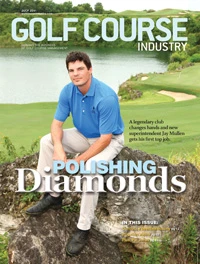
Explore the July 2011 Issue
Check out more from this issue and find your next story to read.
Latest from Golf Course Industry
- Tartan Talks 101: Garrett Wasson
- Dye Designs Group selected to renovate Colorado municipal course
- Poipu Bay GC wraps up greenside bunker restoration
- Central Turf & Irrigation Supply Inc. hires new COO
- The Aquatrols Company adds former superintendent to its R&D team
- Heritage Golf Group expands into Tennessee
- Making the grade — at or near grade
- PBI-Gordon receives local business honor

